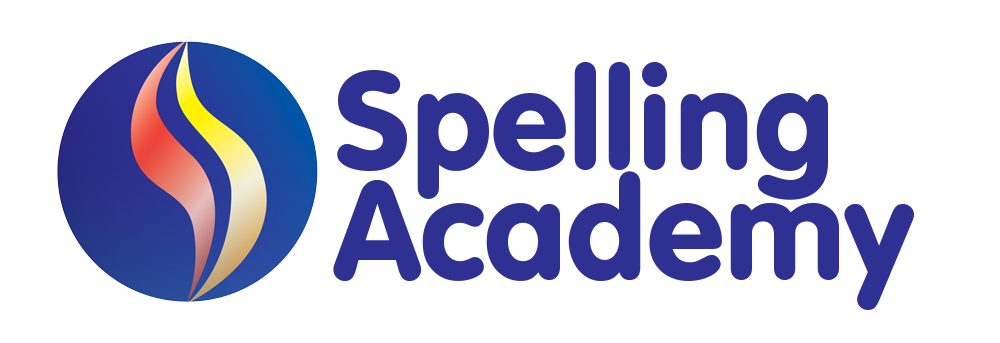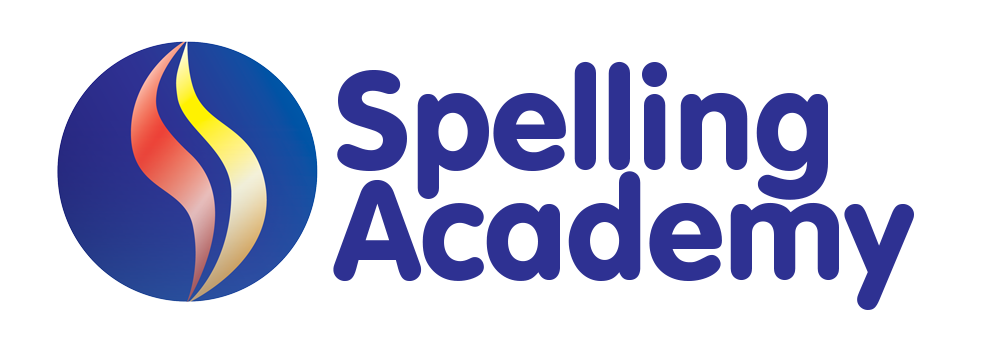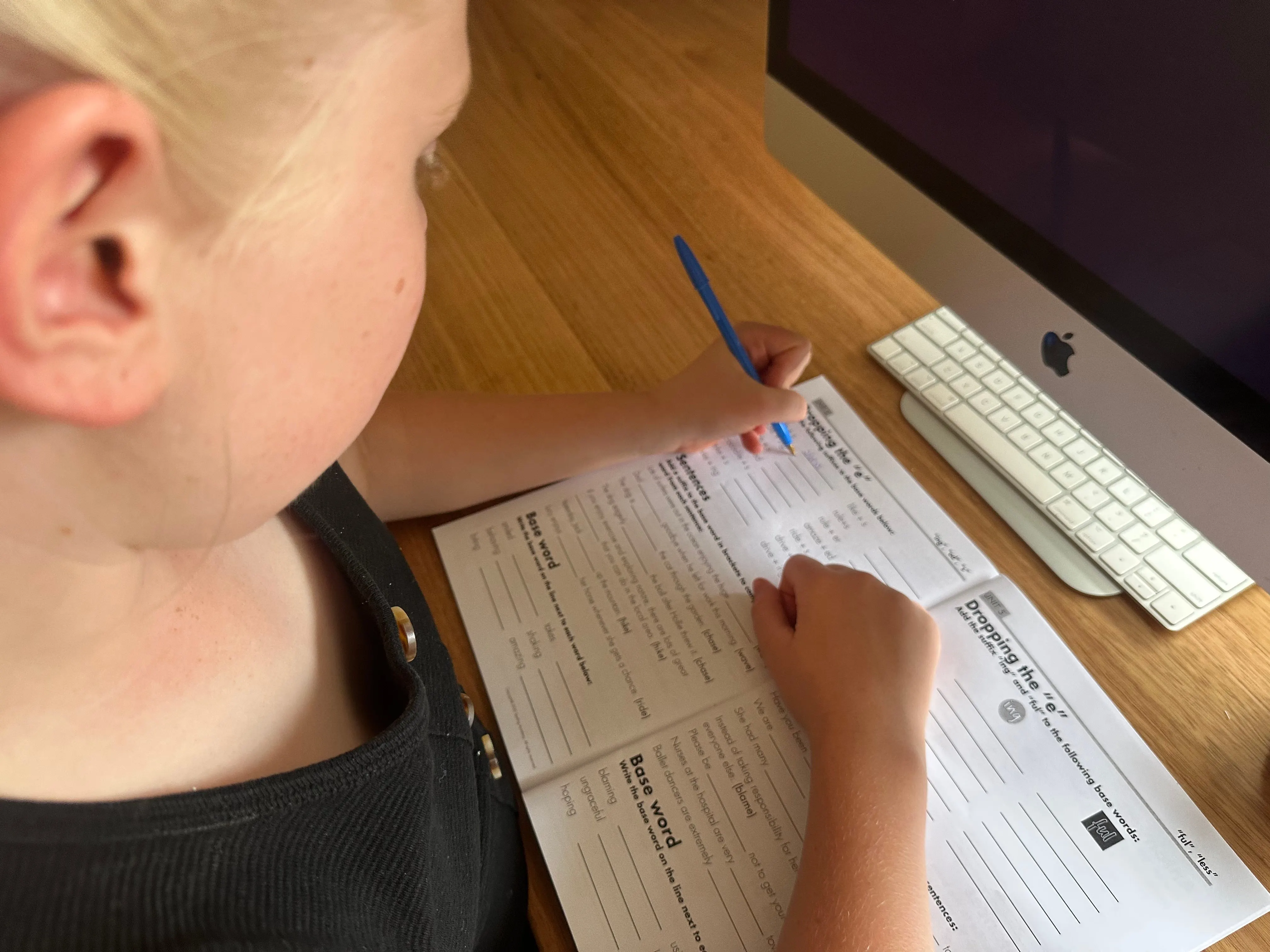The Importance of Spelling Training & Top Tips for Parents Teaching at Home
For young students who may be struggling with their studies during their early years of schooling, receiving extra support from parents can make all the difference in strengthening their foundational skills. Our article focuses on the essential role of spelling training for these students and offers effective tips for parents to aid their children in improving their abilities.
Why is Spelling Training Important?
Fundamental spelling and literacy strategies form a pivotal component of early education and are primarily introduced during the initial stages of a student's academic journey. As a student progresses at school, more complex strategies and concepts are introduced.
In this context, it is important to understand the significance of solidifying these foundational skills during the formative years of schooling. This foundation serves as a cornerstone for a child’s academic growth and proficiency in language-related skills. By establishing a solid grounding in these fundamental strategies, students become more equipped to navigate the challenges of progressively complex concepts as they advance in their education.
By ensuring that students master essential spelling and literacy strategies early on, educators and parents can preemptively address any skill gaps that might otherwise hinder a student's educational progression. This proactive measure contributes significantly to an individual's engagement, confidence, and achievement throughout their academic journey.
How Can I Help My Child At Home?
If your child is struggling with strengthening foundational spelling and literacy concepts, one way of helping them is to undertake some targeted spelling training with them. This would typically involve taking a dedicated amount of time to work with your child directly on improving their understanding of these foundational literacy skills.
Spelling training can take on many forms depending on your child's age, needs, and interests. You could employ simple word games, flashcards, or spelling courses likeThe Complete Spelling Rules Intervention Program or theSchool StartProgram from Spelling Academy.
By investing time into assisting your child with their spelling challenges, you’re not only ensuring they don’t fall behind in school, but you’re providing them with valuable tools and resources for their educational journey.
Tips on Helping Your Child Stay Motivated at Home
Regardless of if your child is homeschooled or if they’re struggling at school and you’re assisting them with spelling lessons at home, it is imperative to ensure they remain motivated. This is because their motivation plays a crucial role in shaping their attitude toward learning, self-confidence, and overall academic success.
When motivated, children are more likely to take ownership of their learning journey, persevere through challenges, and develop more effective study habits. This foundation of motivation can extend beyond spelling, influencing their overall academic journey and personal growth.
Explore the following tips to help your child learn how to spell and stay motivated to do so.
Establish Clear Learning Goals
The latest research on how children learn to spell tells us that children must have a clear understanding of what they will be learning in spelling lessons and how it will improve their ability to spell. Learning intentions motivate children to take control of their learning and contribute to a deeper understanding of the concepts taught. Additionally, children start to assess their improvement and growth, which helps them to become self-motivated learners.
Be Positive, Be Patient
Make it a point to regularly praise your child’s progress, regardless of its significance. Offer specific praise that highlights their efforts and improvements rather than solely focusing on outcomes. Your patience, understanding, and positive reinforcement can significantly contribute to their confidence and enjoyment in learning.
Systematic Learning
To get the most out of an educational program, learning must be systematic, and learning to spell is no exception. In this case, children build upon prior knowledge and skills in a planned way to gradually gain proficiency and confidence in their reading and spelling skills. Therefore, it is important to ensure you are setting aside time on a regular basis with your child to practice spelling and reinforce their learning in a structured manner.
Easy to Use
Unless you put a system or program in place that is ‘easy to use’, you won’t be motivated to use it. Life is busy, so any sort of spelling intervention needs to be straightforward and needs to fit in with busy schedules. To ensure your child gets the most out of their learning experience, it is best to ensure that the spelling program follows a routine so that the cognitive load is fully devoted to learning rather than figuring out what to do.
Instil Confidence
For a child, learning to spell can feel overwhelming because there are so many words in the English language. It might be comfortin for your child to know that they don’t need to learn how to spell every single word in the English language. Once children understand that there is order and logic to our English Spelling System that can help us to spell words we have never seen or written before, they will start feeling more enthusiastic and motivated to learn.
Engage in discussion about words
A good spelling program encourages both the facilitator and the child to develop a spelling metalanguage. This is simply using a vocabulary that aids discussion of how and why words are spelled the way they are. For example, using words like vowel and consonant letter, prefix, base word, and suffix all help to create a deeper understanding of our English Spelling System and helps childrenlearn how to spell.
Read Together
Engage in shared reading experiences with your child. Choose books, articles, or stories that align with their interests or current studies. Reading together not only promotes bonding but also exposes them to new vocabulary and concepts. This collaborative approach makes learning enjoyable and encourages your child to explore more reading material independently.
How Spelling Academy Can Help
Both spelling courses offered at Spelling Academy are fantastic means of helping teach students how to learn to spell in an environment that is supportive, encouraging, and non-judgemental. Not only are they all-encompassing, but they provide all the necessary resources to the teacher/parent/guardian so they can best support the children on their journey of improving their spelling and literacy skills.
The Complete Spelling Rules Intervention Program is to assist older children and teenagers who have spelling difficulties and help them become more confident in their abilities. The School Start Program, on the other hand, is designed to assist young school starters to provide them with extra spelling and literacy support during their early years of schooling.
More than just teaching words and testing memory, our courses are all about teaching and reinforcing the foundational spelling principles and structure. This way, we can ensure that students are gaining a holistic understanding of the English language that can be carried on throughout their academic journey.

Helping people to understand and feel confident with spelling.
© 2021 spellingacademy.com.au. All Rights Reserved.


